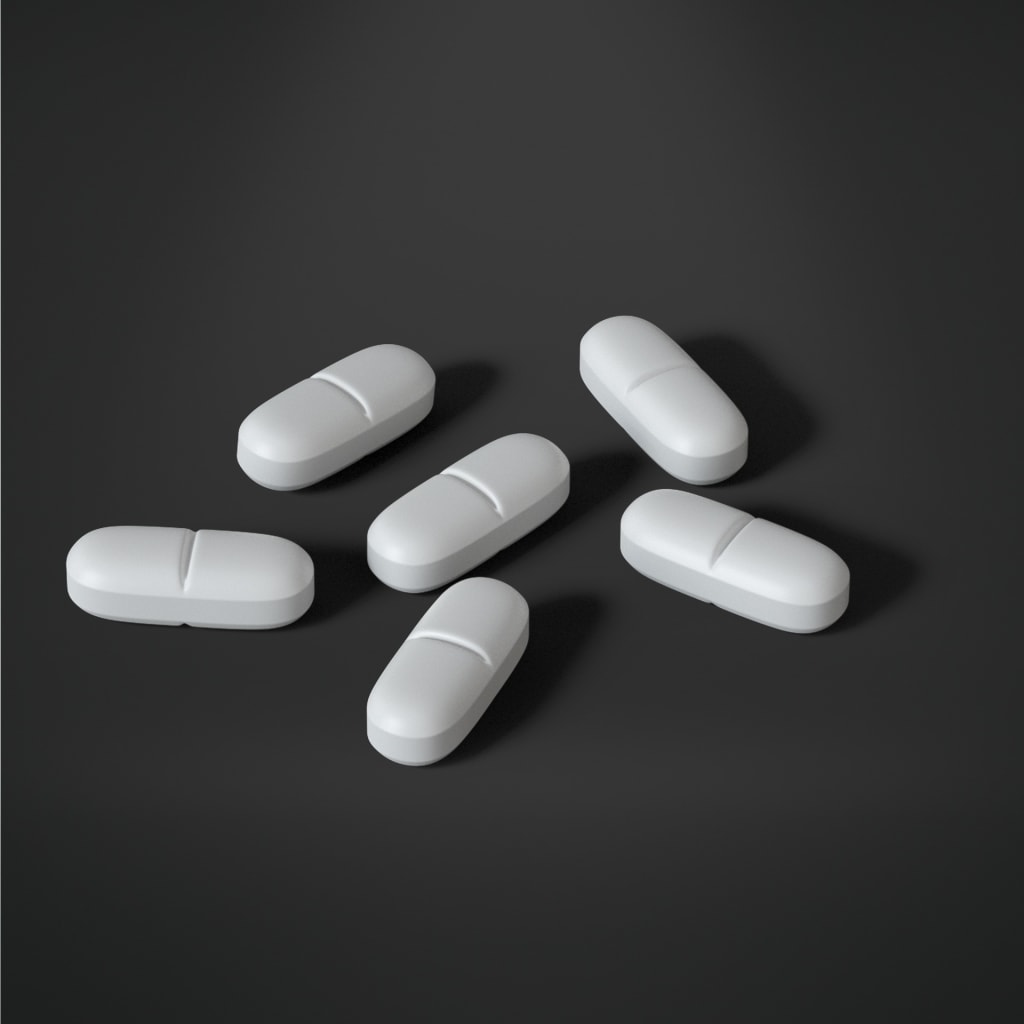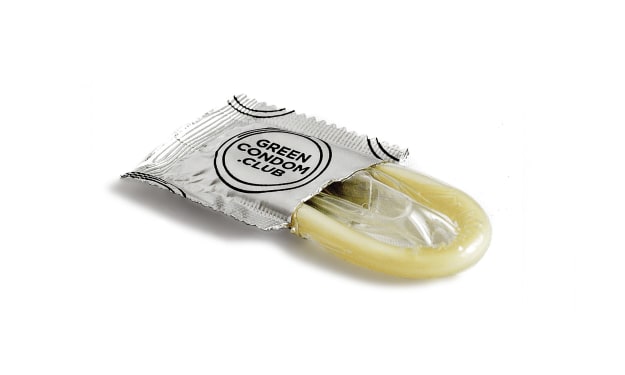
The use of steroids in sports is well-known. Inhalers, creams for eczema and poison ivy, and shots to reduce inflammation also contain them. These medications contain different steroids than those that are used to increase muscle mass. In actuality, they're all based on an additional steroid that our bodies naturally produce and that we cannot survive without. If we step back, the reason why there are so many different steroids is because the term refers to substances with a shared molecular structure, rather than shared effects on the body. Steroids can be organic or synthetic, but they all share the same molecular structure, which is made up of a base of four rings with a total of 17 carbon atoms arranged in three hexagons and one pentagon.
To be a steroid, a molecule must have this precise configuration, though most also contain side chains, which are extra atoms that have a significant impact on the molecule's functionality. The fatty molecule cholesterol gives steroids their name. Actually, cholesterol is used by our bodies to create steroid hormones. Steroids are able to enter cells thanks to their fatty cholesterol base, which allows them to pass through fatty cell membranes. They have direct control over gene expression and protein synthesis within the cell.
Unlike many other signaling molecules, which are unable to cross the cell membrane and must instead produce their effects through longer and trickier pathways from outside the cell, this one can. Steroids therefore have a faster rate of effect generation than those other molecules. Going back to the steroids in anti-inflammatory drugs, they are all based on cortisol, a steroid that occurs naturally in the body. The body's main stress hormone, cortisol, has a wide variety of uses. The brain responds by sending a signal from the hypothalamus to the pituitary gland when we experience a stressor, which can be anything from a fight with a friend to spotting a bear to contracting an infection or having low blood sugar.
A message is then delivered to the adrenal glands by the pituitary gland. The cortisol that the adrenal glands produce is constantly released. However, in response to the signal from the pituitary gland, they suddenly release a large amount of cortisol. This causes the body to produce more glucose for energy, reduce activities not immediately necessary for survival, like digestion, and may even cause a fight-flight-or-freeze response. This is beneficial in the short term, but if it persists for too long, it may have unfavorable side effects like insomnia and lowered mood. Complex interactions between cortisol and the immune system also exist; depending on the circumstance, it may enhance or impair specific immune responses.
The immune system frequently causes inflammation as part of the infection-fighting process. Again, in the short term, cortisol is beneficial because it inhibits the immune system's capacity to cause inflammation. However, too much cortisol can have adverse effects, such as lowering the immune system's capacity to regenerate bone marrow and lymph nodes. The signal that tells the adrenal glands to release more cortisol is suppressed by cortisol in order to keep levels from rising too high for too long. To combat allergic reactions, rashes, and asthma, medicinal corticosteroids use the immune system-stimulating effects of cortisol. Inflammation comes in all of these forms. Numerous synthetic steroids work in a similar manner by boosting the body's cortisol production, which in turn reduces the overactive immune responses that lead to inflammation.
By inhibiting inflammatory signal gene expression, these corticosteroids can enter cells undetected and silence the "fire alarm.". Only the skin or lungs are affected by the steroids found in inhalers and creams. Versions administered intravenously or orally affect the entire body and are used to treat chronic autoimmune diseases like lupus or inflammatory bowel disease. The immune system of the body attacks its own cells when these conditions exist, a process comparable to a recurrent asthma attack or rash. Steroids taken on a regular basis at a low dose can help keep this renegade immune response under control, but higher doses are saved for emergencies and flare-ups due to the harmful psychological and physiological effects of long-term exposure. Even though an asthma attack, poison ivy welts, and irritable bowel syndrome might appear to have nothing in common, they all share an immune response that's doing more harm than good. Corticosteroids can also be the body's best defense against itself, even though they won't make you grow enormous muscles.
About the Creator
Enjoyed the story? Support the Creator.
Subscribe for free to receive all their stories in your feed. You could also pledge your support or give them a one-off tip, letting them know you appreciate their work.






Comments
There are no comments for this story
Be the first to respond and start the conversation.